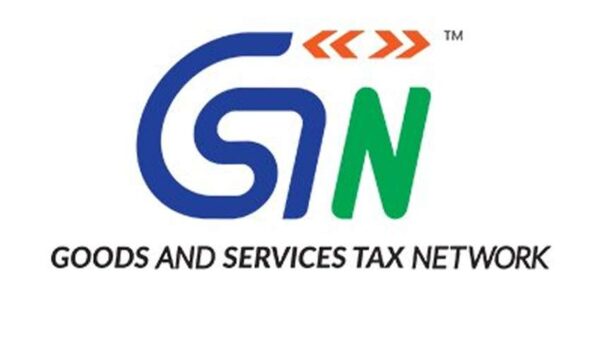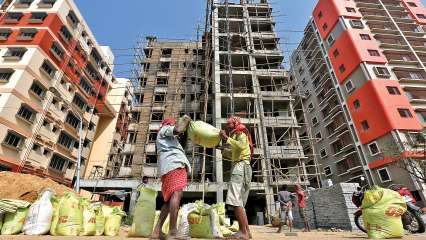Clearmytax.in Editorial Board

Delhi High Court has in respect of writ petition filed by Brand Equity Treaties Limited and others, in its decision rendered on 05.05.2020 in W.P.(C) 11040/2018 and C.M. No. 42982/2018 have directed the Union of India to accept the TRAN-1 till 30-06-2020 and publicise the contents of Judgments on its website,so, that others who may not have been able to file TRAN-1 till date are permitted to do so on or before 30.06.2020.
Needless to mention here that Transition Form or TRAN-1 is filed by those GST taxpayers who are eligible to claim the credit on the tax already paid in the pre-GST regime viz VAT/Service Tax/Excise Duty. In order to claim the complete amount as a credit, TRAN-1 is to be filed along with the particulars of stock carried forward.
It may be noted here that CBIC vide Order No. 01/2020-GST dated 07.02.2020 had extended the date of filing of GST TRAN-1 till 31.03.2020 for the class of registered persons who could not submit the same by the due date on account of technical difficulties on the common portal and whose cases have been recommended by the Council.
The highlights of the judgment are as under:-
1. *Technical Difficulty* is not same as *technical glitch* . Government is giving “Technical Difficulty” a restrictive meaning by extending dates only for technical glitches under Rule 117(1A). Technical Difficulty is a broader term and can not be restricted to system logs.
2. The access to the GST portal could be hindered for myriad reasons, sometimes not resulting in the creation of a GST log-in record. Further, the difficulties may also be offline, as a result of several other restrictive factors. It would be an erroneous approach to attach undue importance to the concept of “technical glitch” only to that which occurs on the GST Common portal, as a pre-condition, for an assessee/tax payer to be granted the benefit of Sub-Rule (1A) of Rule 117. Difficulties may also offline.
3. *Technical difficulty may be due to low bandwidth, given the fact that before the deadline, a large number of tax payers all over the country, were trying to submit the declaration in form TRAN-1* [Para 6]
4. It is not fair to expect that each person who may not have been able to upload the Form GST TRAN-1 should have preserved some evidence of it – such as, by taking a screen shot. Many of the registered dealers/traders come from rural/semiliterate background. They may not have had the presence of mind to create any record of their having tried, and failed, to upload the Form GST TRAN-1. They cannot be made to suffer in this background, particularly, when the systems of the Respondents (Union of India) were not efficient.
5. Time line of 90 days under Rule 117 of the CGST Rules, 2017 and further extendable by 90 days is discriminatory and unreasonable and violative of Article 14 of the Constitution.
6. Rule 117 is directory in nature, insofar as it prescribes the time-limit for transitioning of credit and therefore, the same would not result in the forfeiture of the rights, in case the credit is not availed within the period prescribed. This however, does not mean that the availing of CENVAT credit can be in perpetuity. Transitory provisions, as the word indicates, have to be given its due meaning. Transition from pre-GST Regime to GST Regime has not been smooth and therefore, what was reasonable in ideal
circumstances is not in the current situation. In absence of any specific provisions under the Act, we would have to hold that in terms of the residuary provisions of the Limitation Act, the period of three years should be the guiding principle and thus a period of three years from the appointed date (which comes to 30.06.2020) would be the maximum period for availing of such credit.
7. Other taxpayers who are similarly situated should also be entitled to avail the benefit of this judgment. Therefore, Respondents are directed to publicise this judgment widely including by way of publishing the same on their website so that others who may not have been able to file TRAN-1 till date are permitted to do so on or before 30.06.2020.
The way forward
The above Delhi High Court judgment is really a good one and all tax payers who were not able to avail transitional credit due to technical difficulty can now avail the same till 30.06.2020. However it is expected that Central Government will file Special Leave Petition in Supreme Court against Delhi High Court Judgement. Further considering contrary judgment of Bombay High Court in NALCO case, it is advisable that tax payers can avail such transitional credit, if not yet availed , but should not utilise such transitional credit , till finality in the matter is not achieved.
For ready reference the order of Delhi High Court is given below:
Frah Saeed is a law graduate specializing in the core field of indirect taxes and is the Co-founder of taxwallah.com. She has authored many publications on GST and is into full-time consultancy on GST to big corporates. She as a part of taxwallah.com heads a team comprising of Chartered Accountants and Advocates and plays a key role in our mission to disseminate GST knowledge to all.



